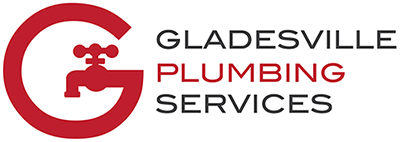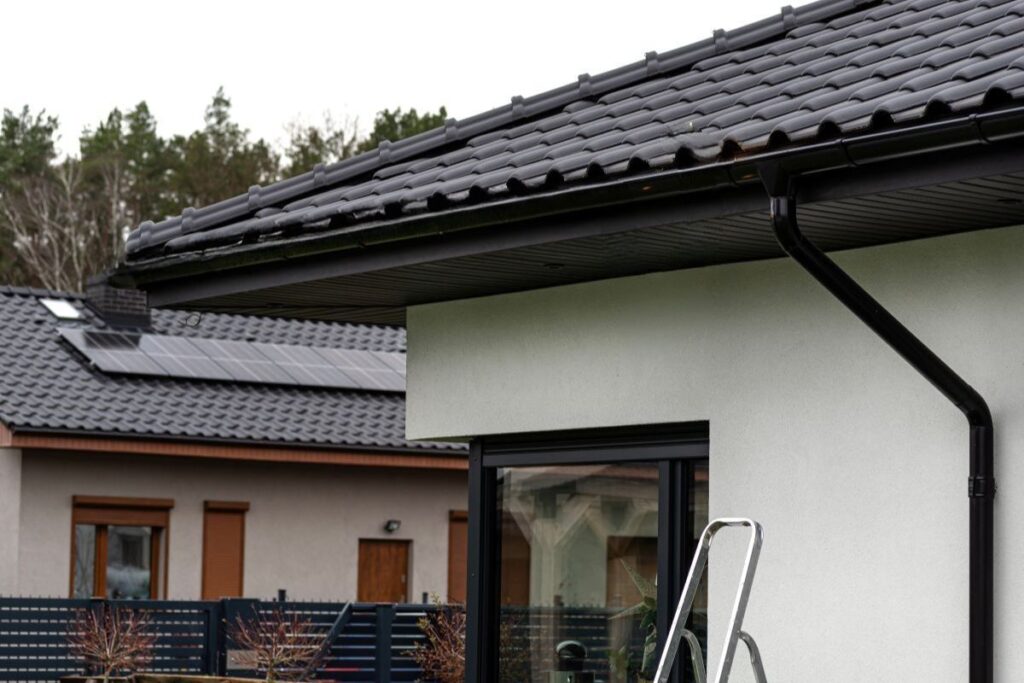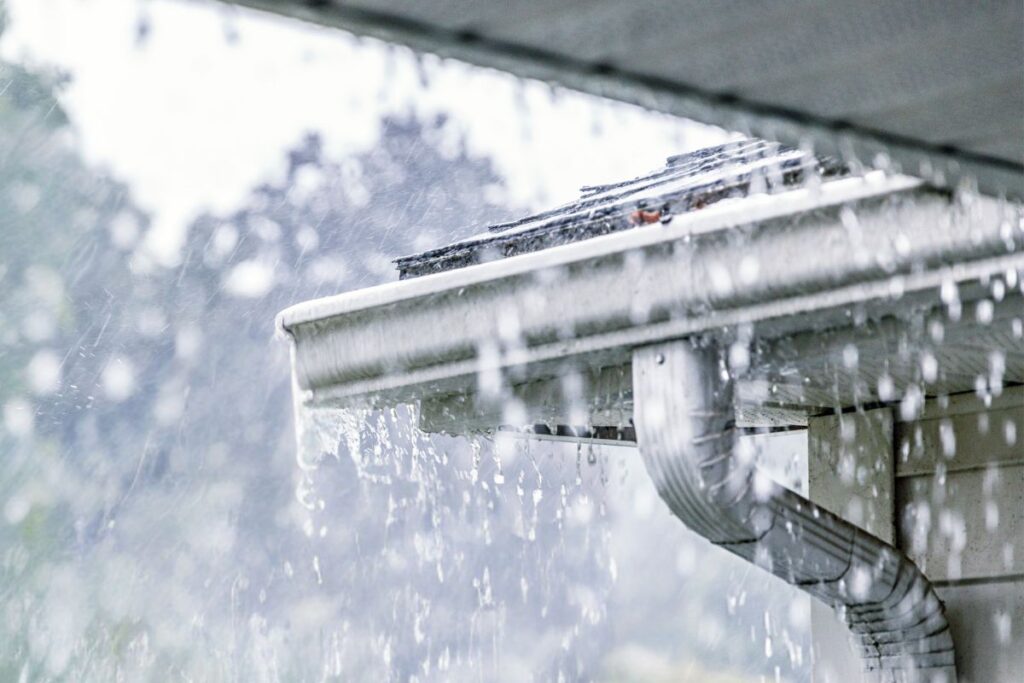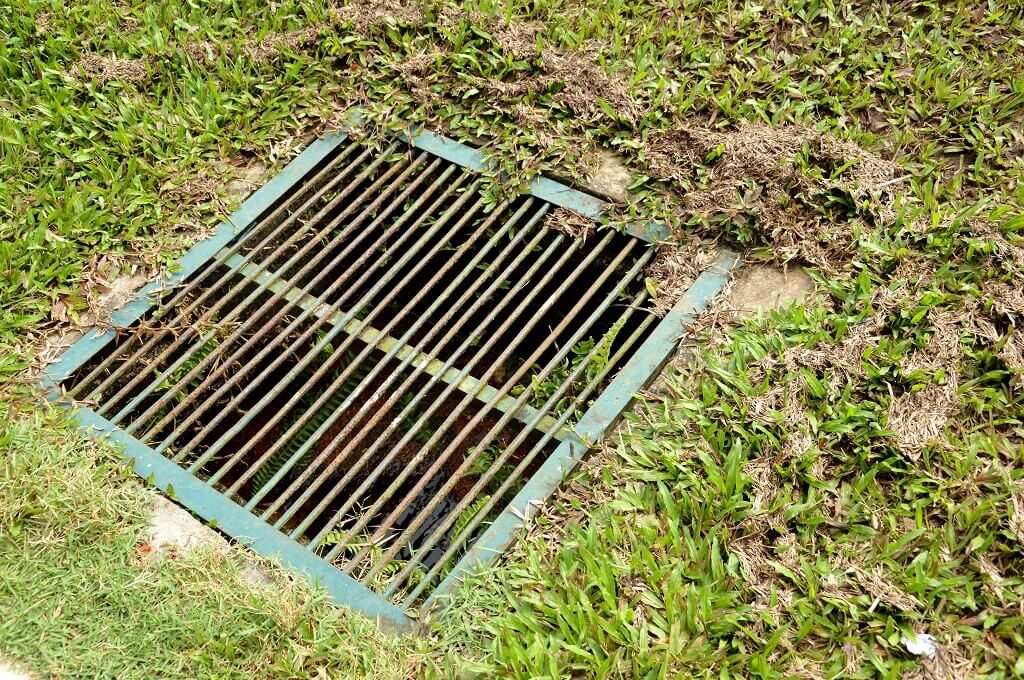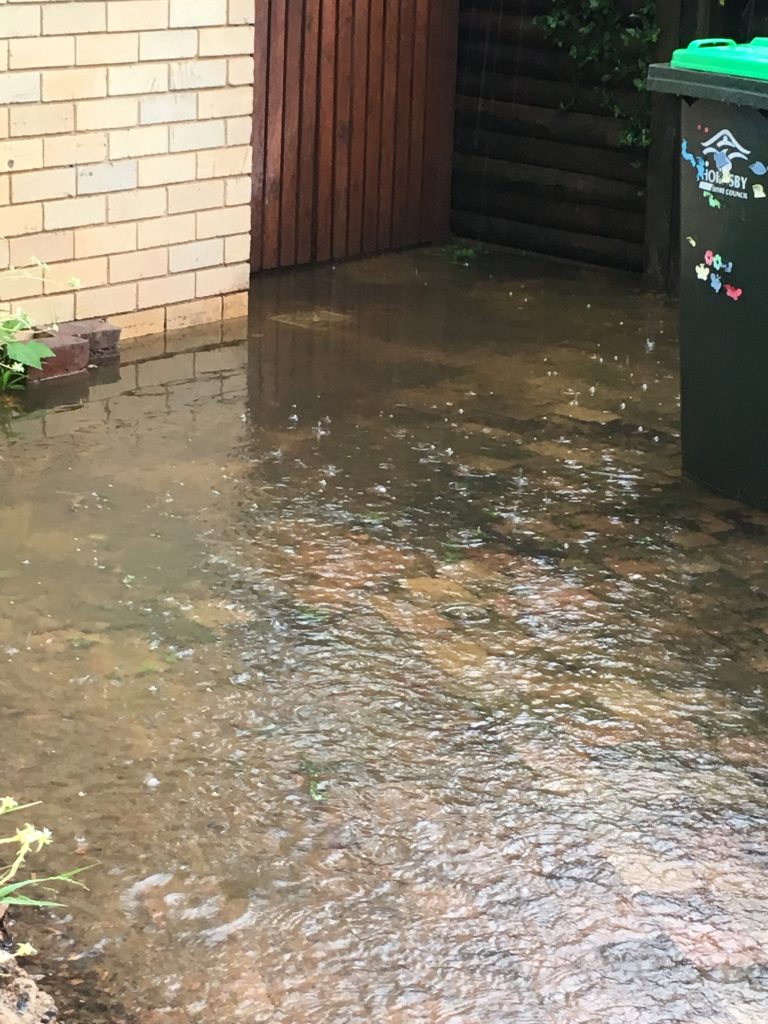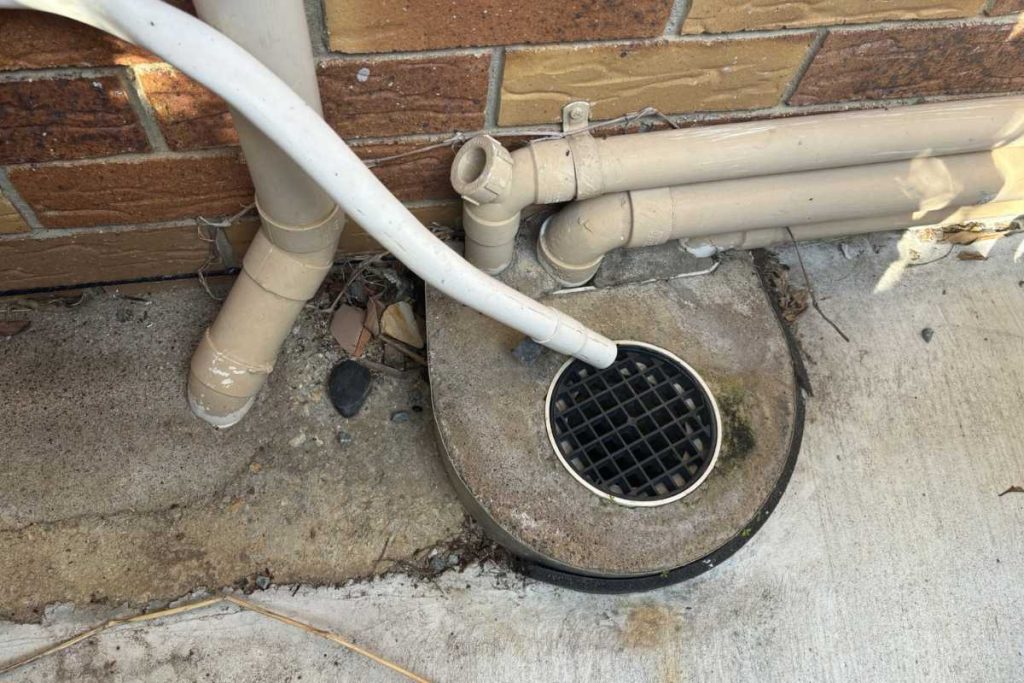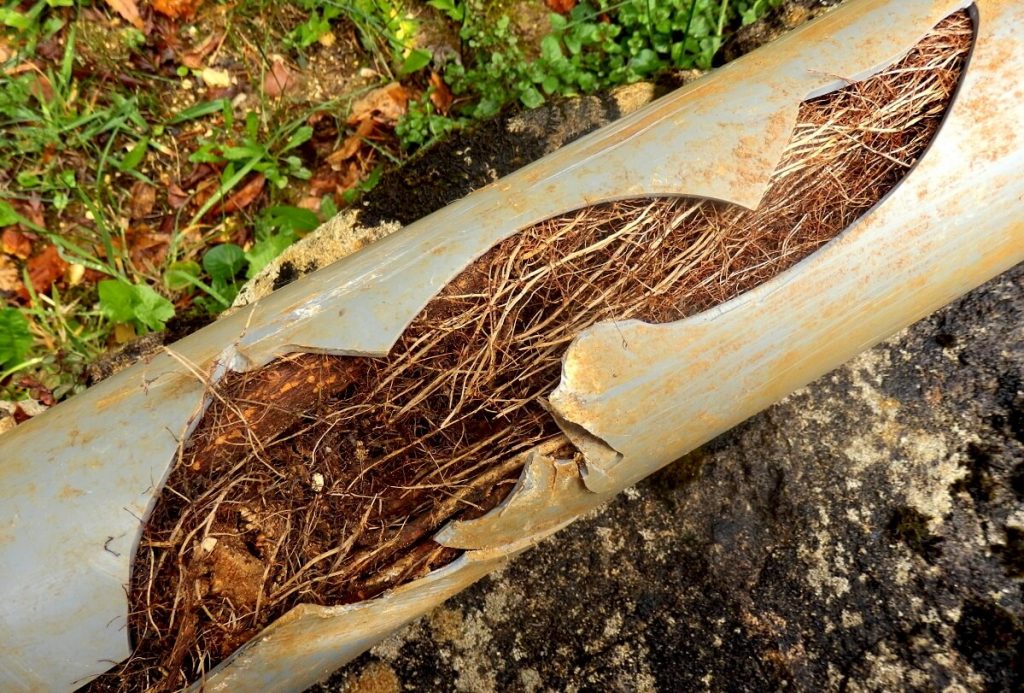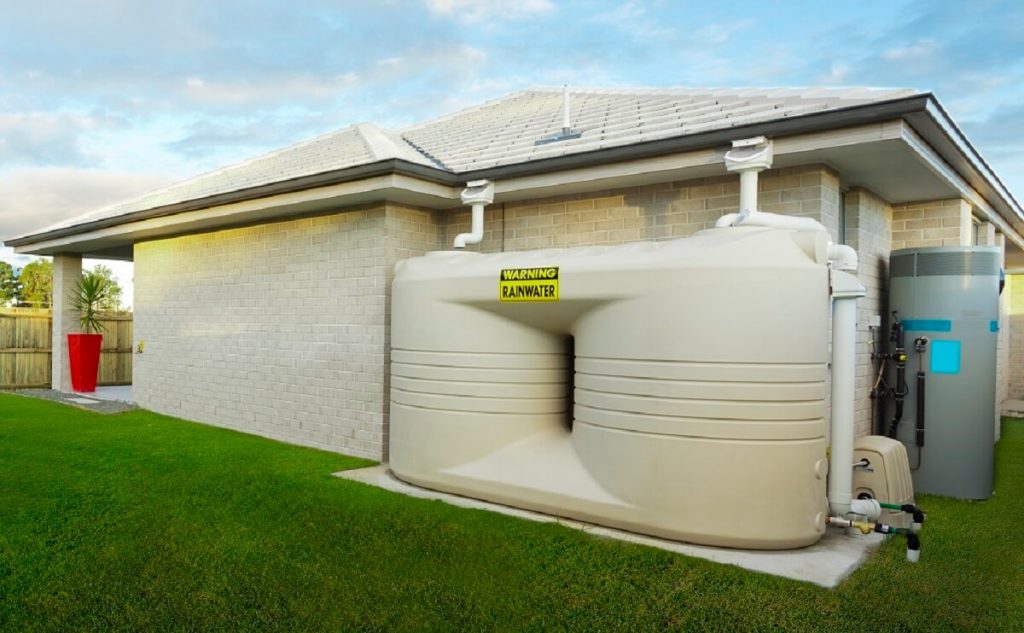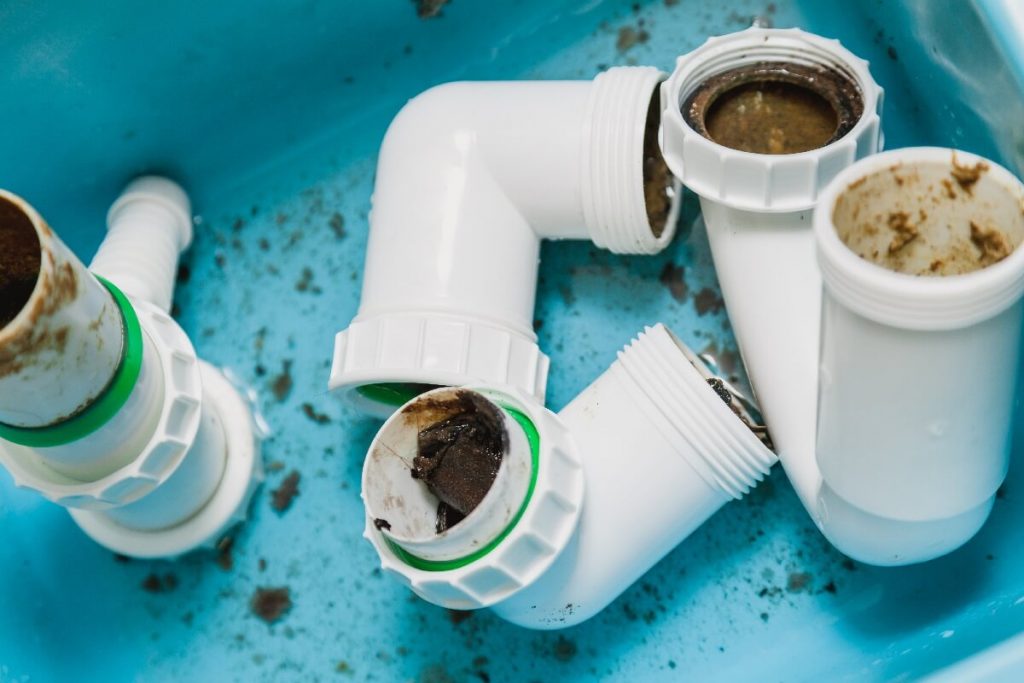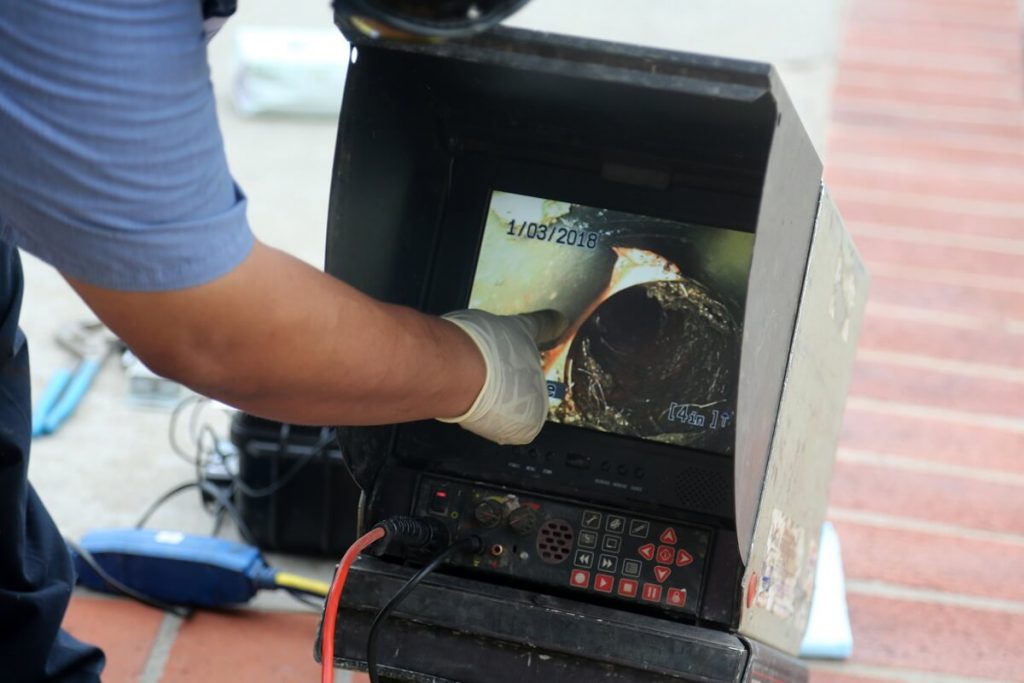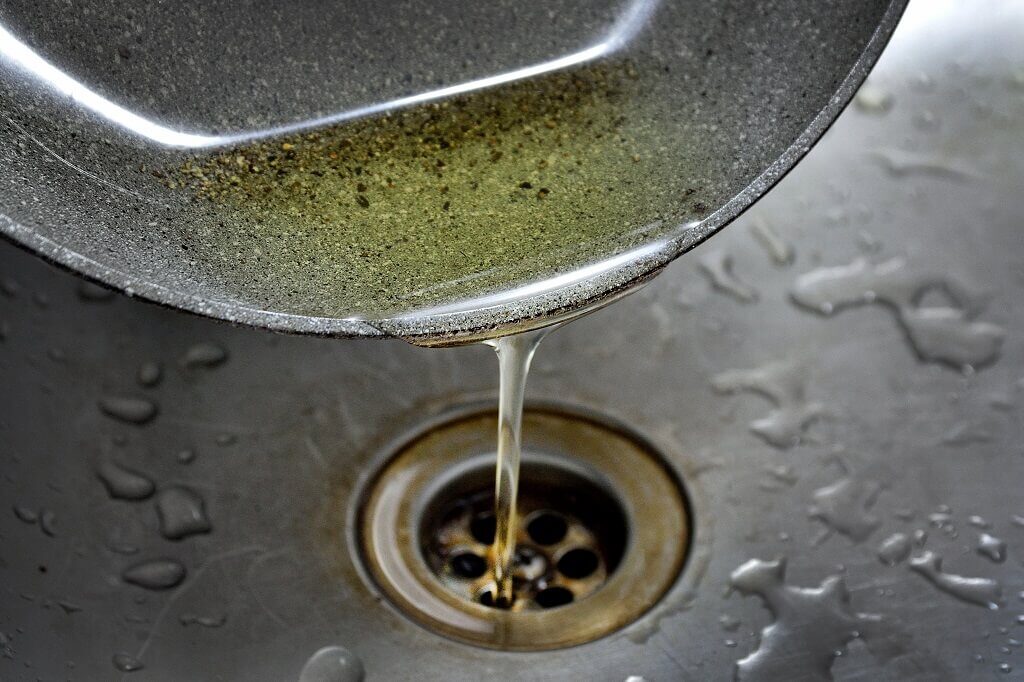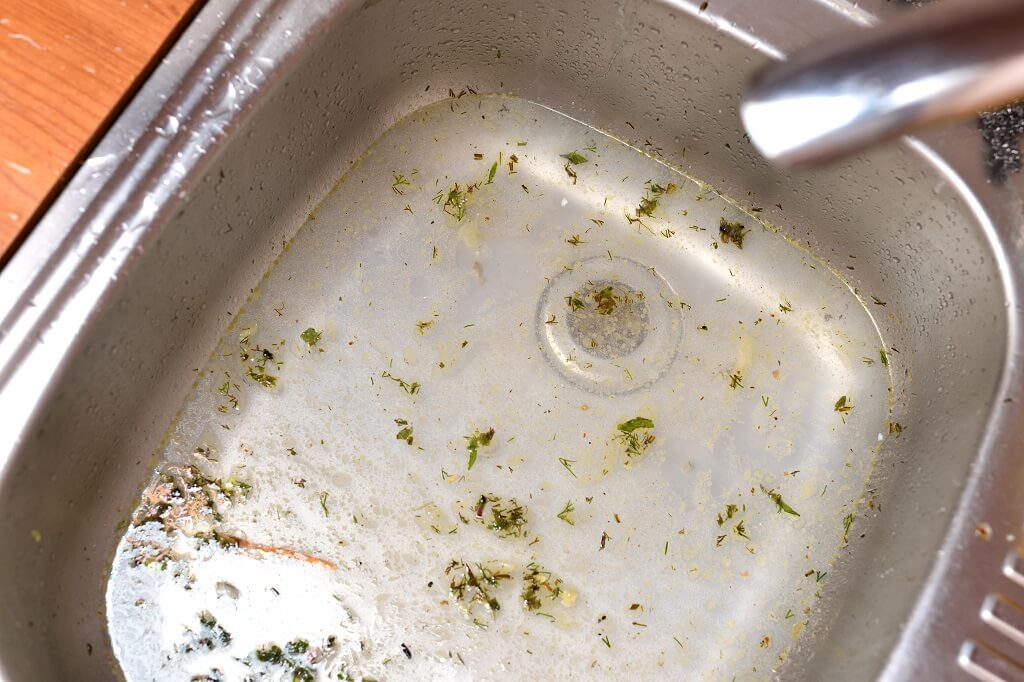Blocked drains can cause havoc for property owners. Free flowing drains are necessary for the plumbing to work efficiently at the property and a backflow can be a nasty mess to fix. So how does a Sydney property owner prevent blocked drains during storm season?
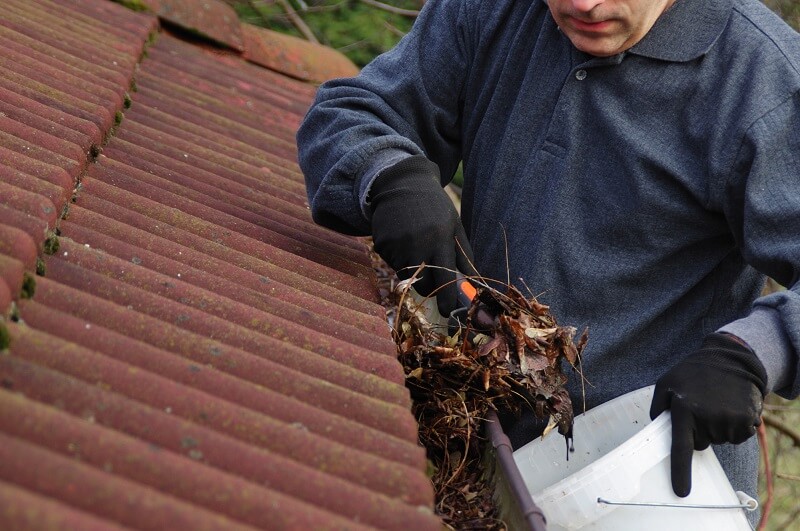
What can we do to prevent flooding prior to storm season?
- Gutter proofing and roof water flow
- Stormwater pit installation
- CCTV inspections for blockages
- Detecting and fixing blocked drains inside and outside the home
- Checking for blocked stormwater drains
- Stormwater pump systems
Which drains can be affected by a storm?
The only drains which should be affected during a storm are the stormwater drains. This is where the rainwater is caught and directed away from the home via gutters and downpipes, and into stormwater grates and pits.
If the internal plumbing of the home is affected by a storm, this requires investigation.
The fixtures installed to the sewer network should never be impacted by a storm. If you do notice a backup during a storm where the toilet won’t flush or the shower tray fills up with water, this will require a drain inspection.
It could be coincidence if the fixtures inside the home back up during a storm, but if you notice it happens frequently during a storm, you’ll want a plumbing professional to investigate.
What is involved in a drain inspection?
A drain inspection can be a visual check at the site. It can also involve a CCTV camera sent down a drain opening to inspect the internal orifice and connections into the main drain. It is recommended to have a drain inspection each year to ensure there are no unexpected surprises like tree roots or partial blockages from debris.
How to prevent blocked stormwater drains
The key steps to preventing blocked stormwater drains during Sydney’s storm season include:
- Remove leaf debris and branches from the gutters
- Spray a hose down each pipe to ensure they are clear from broken down leaf matter
- Clear any garden beds or washed up soil away from stormwater grates
- Ensure stormwater pit drains are clear
- Book a stormwater drain inspection before storm season starts
How to prevent blocked drains inside the home
To prevent drain blockages inside the home:
- Confirm the sewer pipes are not connected to stormwater (or vice versa) with a drain inspection
- Only flush the three p’s down the toilet – poo, pee and (toilet) paper
- Don’t pour fats (like cooking oil) down the drain as it can congeal when it cools in the pipes
- Don’t flush disposable wipes – they can wreak havoc on plumbing systems
- Use drain catchers in the shower and sink to prevent solid matter like hair, soaps, food particles and coffee granules from going down the drain.
